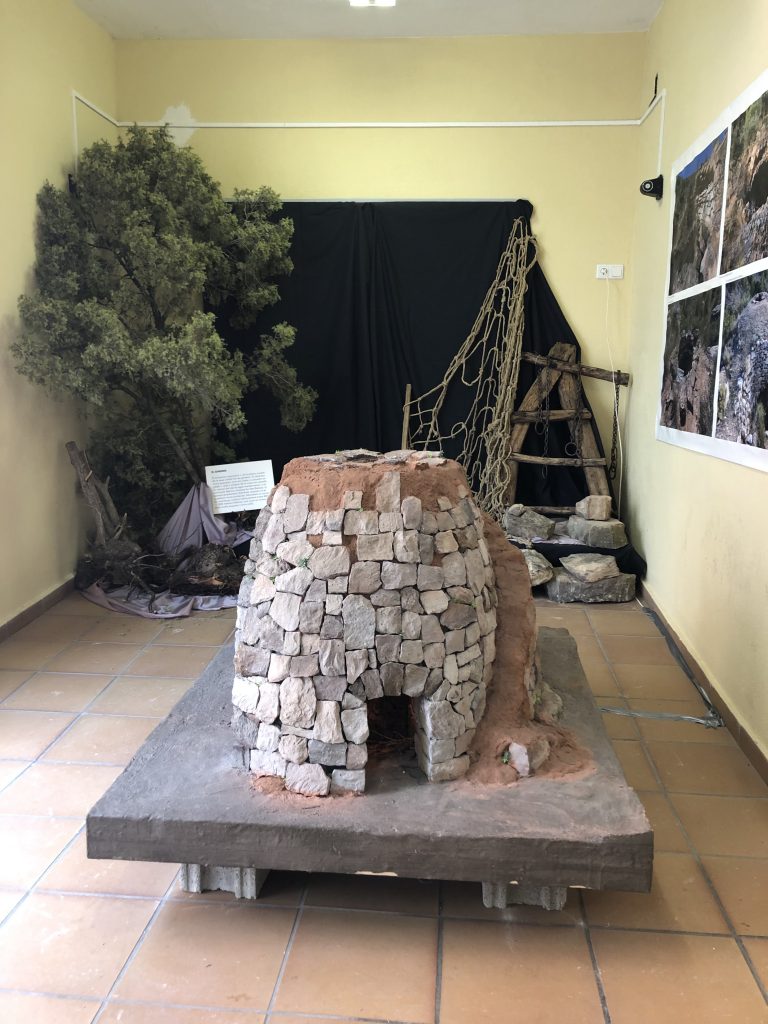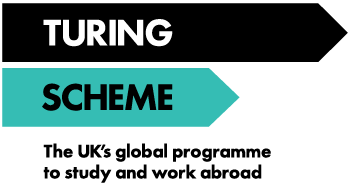| Status: | Full |
| Dates: | 6th June 2024 to 27th June 2024 |
| Duration: | 21 days |
| UK Participants: | 8 |
| Location: | Catalunya (Spain) – Excavation and Recording Kilns |
| Josep Aguila AlabartPlaça d’Octubre, 1, 43790 Riba-roja d'Ebre, Tarragona, Catalunya, Spain.Host website |
Accommodation: shared rooms, same sex, in self catering apartment
Meals: self catering as well as meals in local restaurants and community meals in the street. Students will be given money each week for groceries
Communication: hi speed fiber-optic wifi available free of charge at local bars, also desks available at the local co-working office, wide spread 4G available in the village. Check with mobile network provider for coverage
Transport: Transfers from Reus airport available and trains run from Barcelona El Prat 3 times a day. A Local pool car available to assigned drivers over 25 years with Full UK drivers licence 2 years minimum. One of the students needs to be the driver.
Flights: From Manchester or London Stansted to Reus. Grampus will email students with a flight option that fits within the travel grant and which arrives at a time that suits the host. Students are welcome to look for alternative flights, but the arrival times must match those of the offered flight and be within the travel grant. Students have to fund their own way to the UK airport
Weather: Hotter than UK summer, can be 30-38 degrees C. Free access to the community swimming pool and access to the River Ebro.
GHIC: Students must apply for a Global Health Insurance Card before the placement, and carry it on them at all times

The proposed itinerary will include the following:
Induction period,
– Meet the Amics Riba-roja r’Ebre team
– Get to know the immediate village
– Visit the archaeological landscape, with a focus on historical Juniper Ovens but also other archaeological features from pre-history, through Roman, Medieval and Spanish Civil War sites
– Attend and take part in a juniper oven demonstration
Excavate and work on one of the ovens
The kiln is partially full, so excavation aims will be:
– Excavate and identify wood species
– Draw the kiln, as it is now and throughout the excavation
– Excavation to the side to determine oil exit channels, also look out for pottery, tools, etc.
– Important to understand how they lived on site during oil production, so try to identify shelter sites at the forest edge, pottery, other artefacts
– The cave shelters on the track to the kiln. Cleaning and excavation.
Archaeological landscape survey period,
The group will
– Select, with Amics de Riba-roja help, a sub-section of the cultural landscape of River Ebro valley, which has variety and typicality
– Carry out a level one field survey led by Bogdan Bobina
– Write a report for use by Amics and future groups
– Within this week, there will be some field visits in the wider landscape. Burned areas, civil war trenches, Riba Rocks Finca (a working ecological olive farm)
Juniper oven cleaning and minor excavation period,
The group will visit, sketch, clean and perhaps secure the path to one of the ovens
– Secure the path from the road to the kiln, cleaning and pruning vegetation and completing some basic path work
– Develop a method and process for the completion of this site with some cultural heritage thoughts
– Carry out some cutting back (not uprooting) shrubs growing on the oven structure as necessary
– Perhaps undertake test trench excavations to north and south sides of the oven to determine likely cade oil exit points, this work may have already been carried out by the University of Barcelona. If so, the group will examine the results.
– Field walk the immediate area for evidence of continuous use, etc.
– More closely examine and record over features on this side of the Rio D’Ebre, including possible kiln platforms, other shelters and an ice house.
– Write a report and future excavation plan / method statement, for use by Amics and future groups
Festival & Cultural Period
This period is for finishing up work but also socialising with Catalan people and new friends ! During the placement students will experience the Flama Del Canigo, please see the attachment on this page for more details.
Funding
The Turing grant will cover accommodation, food (3 meals a day), return, flights, insurance, transport to site and supervision. Participants will have to make sure they have their EHI or GHI card and budget for personal purchases and excursions.
This project has been funded with support from the Turing scheme, funded by the UK government.
This publication [communication] reflects the views only of the author, and Turing cannot be held responsible for any use which may be made of the information contained therein.


